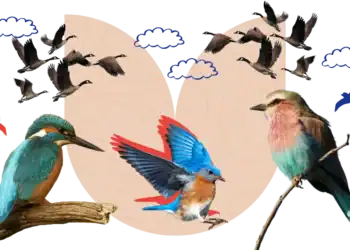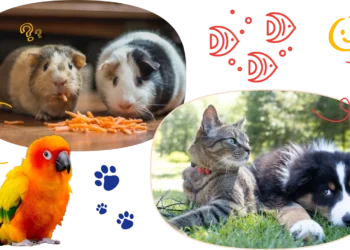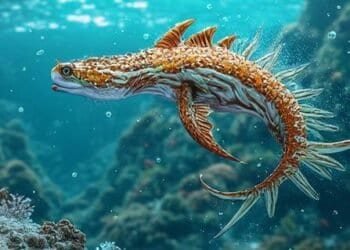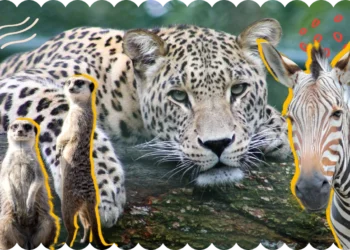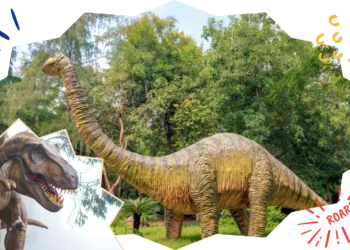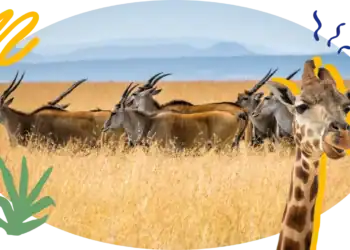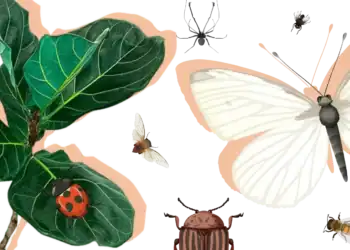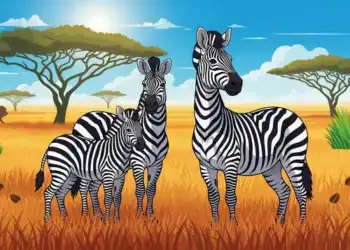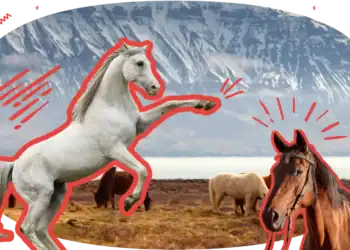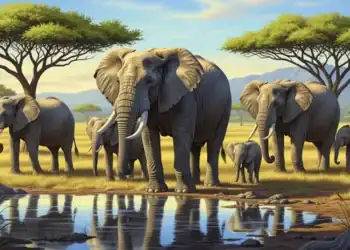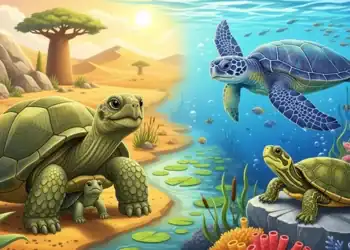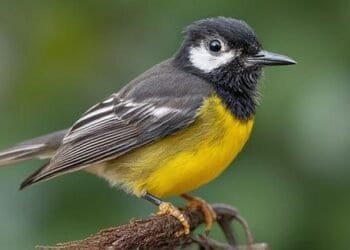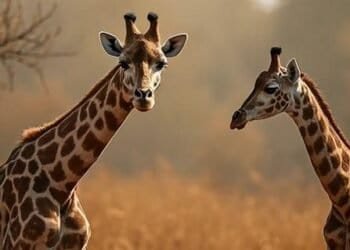Giraffes are among nature’s most fascinating creatures, known for their towering necks and distinctive spotted coats. But how much do you really know about these gentle giants? From their unique ossicones to the surprising adaptations that let them reach treetop leaves, this trivia will test your knowledge on giraffe anatomy and behavior.
Whether you’re curious about the function of a giraffe’s long tongue or how their cardiovascular system supports their height, our questions delve into the remarkable biology behind these animals. Discover facts you never knew and challenge yourself to see how many you can get right!
Ready to tackle more brain teasers? Don’t miss out on our 50s Movie Trivia for classic film buffs, Green Bay Packers Trivia if sports is your game, or dive into some Philosophy Trivia to expand your mind. There’s something for every trivia lover!
What is the most distinctive physical characteristic of a giraffe?
Curled ears
Curled ears
Large feet
Large feet
Long neck
Long neck
Striped tail
Striped tail
What pattern is found on a giraffe’s coat?
Solid color
Solid color
Hexagonal patches
Hexagonal patches
Stripes
Stripes
Spots and blotches
Spots and blotches
How many ossicones (horn-like structures) does an adult giraffe typically have?
None
None
Four
Four
One
One
Two
Two
Which physical attribute primarily allows a giraffe to elevate its head to the level of high tree leaves?
Strong tail
Strong tail
Strong jaw
Strong jaw
Long neck
Long neck
Long legs
Long legs
What is unique about the tongue of a giraffe?
It is split like a snake’s
It is split like a snake’s
It is prehensile and about 45 cm long
It is prehensile and about 45 cm long
It cannot move side to side
It cannot move side to side
It is bright red
It is bright red
What color is a giraffe’s tongue typically?
Dark bluish-black
Dark bluish-black
Orange
Orange
Bright yellow
Bright yellow
Pale pink
Pale pink
What is the primary function of a giraffe’s ossicones?
Store fat
Store fat
Defense and sexual display
Defense and sexual display
Hearing enhancement
Hearing enhancement
Temperature regulation
Temperature regulation
How many vertebrae are found in a giraffe’s neck?
Twelve
Twelve
Seven
Seven
Nine
Nine
Ten
Ten
Despite their length, how are giraffe neck vertebrae different from those of other mammals?
They are fused together
They are fused together
They can twist 360 degrees
They can twist 360 degrees
They have more vertebrae
They have more vertebrae
They are much longer
They are much longer
What feature allows giraffes to see predators from afar?
Rotating ears
Rotating ears
Sensitive whiskers
Sensitive whiskers
Ultra-sharp claws
Ultra-sharp claws
Large eyes positioned on the sides of the head
Large eyes positioned on the sides of the head
Giraffes walk in a unique way by moving which limbs together?
Both legs on one side at a time
Both legs on one side at a time
Diagonal legs together
Diagonal legs together
Front legs only
Front legs only
Hind legs first, then front
Hind legs first, then front
What type of teeth do giraffes use to strip leaves from branches?
Incisors
Incisors
Molars
Molars
Canines
Canines
Premolars
Premolars
How does a giraffe’s heart compare to other mammals?
It is very large and powerful
It is very large and powerful
It is located higher in the body
It is located higher in the body
It is smaller for their size
It is smaller for their size
It has fewer chambers
It has fewer chambers
The giraffe’s long neck requires what unique anatomical adaptation?
Triple-layered skin
Triple-layered skin
Air sacs in their bones
Air sacs in their bones
High blood pressure
High blood pressure
Extra fat deposits
Extra fat deposits
What assists the return flow of blood from a giraffe’s head to its heart?
Flexing neck muscles
Flexing neck muscles
Continuous movement
Continuous movement
Special valves in neck veins
Special valves in neck veins
Drinking water frequently
Drinking water frequently
How many toes does a giraffe have on each hoof?
Four
Four
Five
Five
Two
Two
Three
Three
Giraffes have excellent vision. What is true about their eyesight?
They see only black and white
They see only black and white
Their vision is poor at night
Their vision is poor at night
They can see in color
They can see in color
They are nearsighted
They are nearsighted
What is the main function of the giraffe’s tail?
Balance
Balance
Defense against predators
Defense against predators
Communication
Communication
To swat insects
To swat insects
Which organ helps giraffes ruminate their food?
Crop
Crop
Gizzard
Gizzard
Single large stomach
Single large stomach
Four-chambered stomach
Four-chambered stomach
What adaptation lets giraffes drink water without fainting?
Wide nostrils
Wide nostrils
Elastic jugular veins
Elastic jugular veins
Small liver
Small liver
Strong tail muscles
Strong tail muscles
Relative to its body size, a giraffe’s heart mass is generally considered to be:
Significantly lighter than most mammals
Significantly lighter than most mammals
Comparable to other large mammals
Comparable to other large mammals
Significantly heavier than most mammals
Significantly heavier than most mammals
Exactly half the expected weight
Exactly half the expected weight
Which type of front teeth are absent from a giraffe’s upper jaw, though present in many other mammals?
Canines
Canines
Incisors
Incisors
Cheek teeth
Cheek teeth
Premolars
Premolars
Which defense mechanism do giraffes use against predators?
Delivering powerful kicks
Delivering powerful kicks
Spraying scent
Spraying scent
Hiding in burrows
Hiding in burrows
Making loud roars
Making loud roars
Where are a giraffe’s nostrils located?
Front of the upper lip
Front of the upper lip
On the neck
On the neck
Under the chin
Under the chin
Base of the horns
Base of the horns
Which of these is a function of the giraffe’s long eyelashes?
Protect eyes from debris
Protect eyes from debris
Detect pheromones
Detect pheromones
Filter water
Filter water
Attract mates
Attract mates
How long can a giraffe’s tongue extend to grasp foliage?
35 cm (14 inches)
35 cm (14 inches)
45 cm (18 inches)
45 cm (18 inches)
55 cm (22 inches)
55 cm (22 inches)
65 cm (26 inches)
65 cm (26 inches)
Why are giraffe lungs larger than expected for their body size?
To support greater oxygen needs
To support greater oxygen needs
To help digestion
To help digestion
For water storage
For water storage
To cool blood
To cool blood
What enables giraffes to chew tough acacia leaves without injury?
Strong jaw muscles
Strong jaw muscles
Short tongues
Short tongues
Sharp teeth
Sharp teeth
Thick, tough saliva
Thick, tough saliva
Why might a giraffe bend its knees to drink water?
To hide from predators
To hide from predators
To balance better
To balance better
For grooming purposes
For grooming purposes
Its neck alone is not long enough
Its neck alone is not long enough
Which adaptation helps giraffes avoid overheating?
Light-colored patches
Light-colored patches
Constantly open mouths
Constantly open mouths
Backward-bending legs
Backward-bending legs
Hairless tails
Hairless tails
How does a baby giraffe (calf) adapt to life immediately after birth?
It stays underground for a month
It stays underground for a month
It hangs from a tree
It hangs from a tree
It stands and walks within an hour
It stands and walks within an hour
It swims to safety
It swims to safety
Why do giraffes have a prehensile tongue?
To catch insects
To catch insects
For cleaning teeth
For cleaning teeth
To grasp and strip foliage
To grasp and strip foliage
To cool down
To cool down
Which sense is especially acute in giraffes aside from vision?
Touch
Touch
Hearing
Hearing
Smell
Smell
Taste
Taste
You can do better
Not bad
Great!
Think you’ve mastered giraffe facts? Try your hand at our fun Assassin’s Creed Trivia, test your film knowledge with Saw Trivia, or explore historical insights in Veterans Day Trivia. Challenge yourself and keep the fun going!











